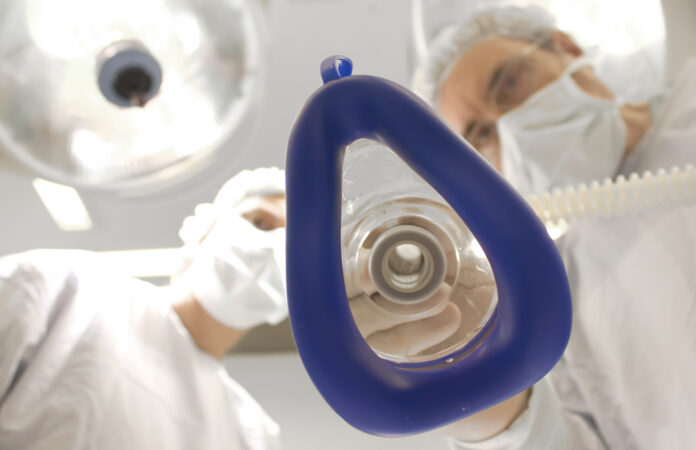A recently published study has found that small doses of laughing gas, or nitrous oxide, can alleviate symptoms of depression.
Laughing gas, or nitrous oxide (N2O), is a colourless gas commonly used in dental procedures. Despite the name, it does not necessarily cause people to laugh. Instead, it acts as an anaesthetic and analgesic. And, at times, can also cause a few giggles because of the inhibition. But other than relaxing a person and calming their nerves, can laughing gas also treat severe depression?
According to a study published in the journal Science Translational Medicine, ‘laughing gas’ can effectively relieve symptoms in treatment-resistant depression. The phase 2 trial compared different doses of nitrous oxide in combination with oxygen.
The team of researchers at the University of Chicago Medicine and Washington University tested various doses of the gas in a group of 24 patients. All of whom suffered from treatment-resistant depression. As part of the study design, each patient took part in three dosing sessions at four weeks interval. As a result, patients received three different treatments: 50% oxygen with 50% nitrous oxide, 75% oxygen with 25% nitrous oxide, and placebo with no nitrous oxide.
A single session involved the patient breathing the gas for an hour. Researchers then evaluated the participants’ clinical depression scores, before and after the treatment, using the Hamilton Depression Rating Scale.
A large percentage of patients don’t respond to standard antidepressant therapies – the patients in this study had failed an average of 4.5 antidepressant trials – and it’s very important to find therapies to help these patients. That we saw rapid improvements in many such patients in the study suggests nitrous oxide may help people with really severe, resistant depression.
Charles R. Conway, study author
Laughter is the best medicine
85% of the study participants reported a significant improvement in their depressive symptoms, with their clinical depression scores dropping. Additionally, 40% of patients went in remission after the treatments.
There was no difference in the efficacy of the two different doses. However, the 25% nitrous oxide caused fewer side effects. Whereas the 50% dose caused a longer-lasting anti-depressant effect.
The reduction in side effects was unexpected and quite drastic, but even more excitingly, the effects after a single administration lasted for a whole two weeks. This has never been shown before. It’s a very cool finding.
Peter Nagele, study author
Approximately one-third of people who suffer from depression don’t respond to current treatment options. Thus, developing treatment-resistant depression. The results of the study highlight nitrous oxide’s potential of effectively and rapidly treating depression.
Reference:
Nagele, Peter, et al. “A Phase 2 Trial of Inhaled Nitrous Oxide for Treatment-Resistant Major Depression.” Science Translational Medicine, vol. 13, no. 597, 2021, doi:10.1126/scitranslmed.abe1376.




